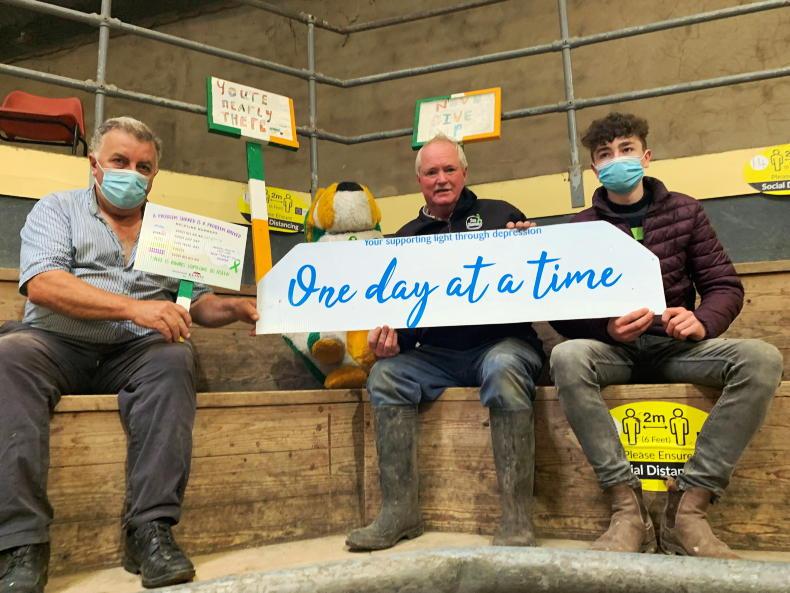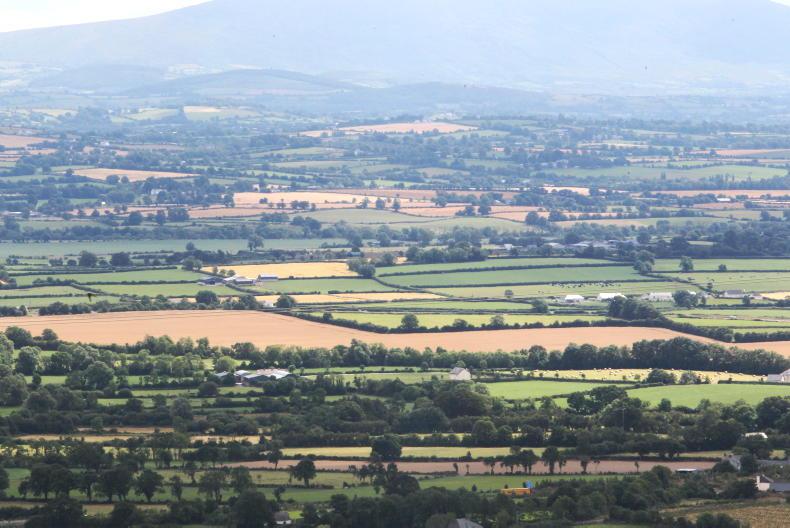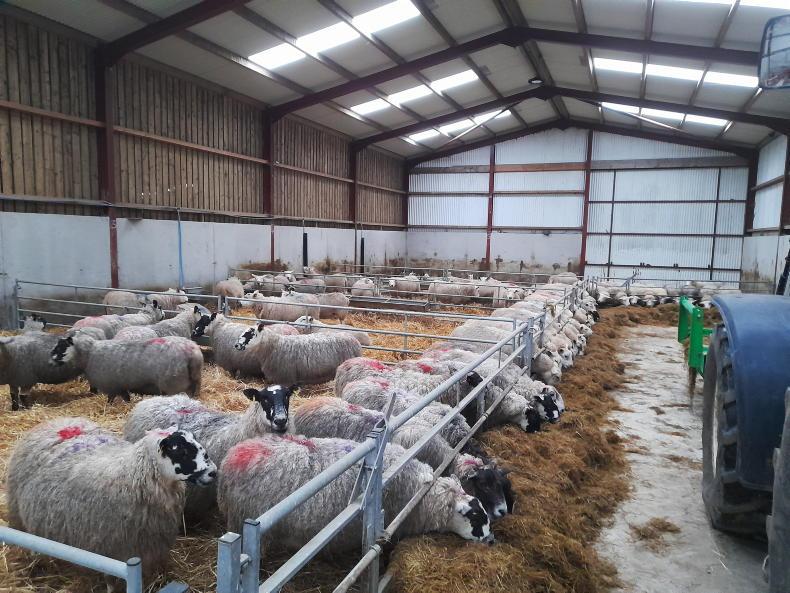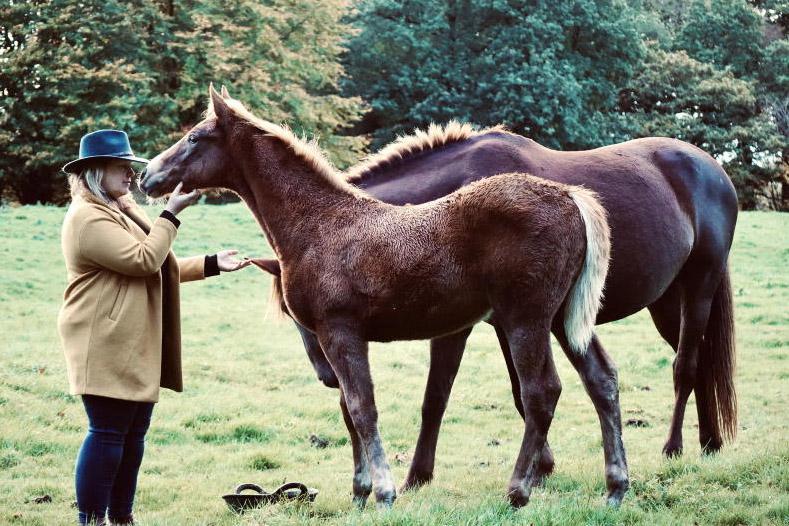Irish male farmers experience some of the highest levels of adverse health outcomes relative to other occupations, particularly in relation to heart disease, cancers and mental health, a new study has found.
Despite this, many farmers do not seek help until their illness reaches crisis point.
A recently published Irish study, That’s Me I am the Farmer of the Land, explores identities, masculinities, and health among male farmers in Ireland.
Lead author and Teagasc Walsh Scholar Conor Hammersley said: “Many farmers view seeking help as an ‘admission of failure’ and a betrayal of a masculine image of themselves as men and farmers.”
The study included participants from a variety of agricultural groups IFA, Macra na Feirme and Teagasc.
The wives, partners and children of farmers also took part in the study, and they identified a sense of obligation on the part of male farmers to put their “bodies on the line” and, consequently, sacrifice their health.
“Farmers tend to prioritise farm work and the health of their animals over their own health and safety,” said Hammersley.
“Health seeking and emotional expression in large parts is usually an unacceptable trait for farmers,” he added.
Hammersley noted that many farmers feel like they are caught between contemporary society and traditional values, but remarked that many were “longing for engagement”.
Most important cog in the wheel
He told of a farmers’ daughter who said: “My Dad is always putting other things ahead of himself and his health, but really his health is the priority because he is the most important cog in the wheel for the running of the farm.”

The study found that given the right enviornment and support, farmers are willing to open up and express their feelings. \ Philip Doyle
Hammersley said: “Many farmers feel a sense of abandonment because young people are not pursuing farming for employment, or in rural areas and rural towns many people have left and are gone.
“Sometimes they [farmers] worry about having a successor for the farm and have a feeling that they are letting down previous generations because they haven’t taken the farm to the next level.
“Fluctuation is a big factor, in terms of price supports, prices for produce, the weather, stress is very significant, more so than in other occupations.
“Even the farm/family boundary that can often be mixed and can create challenges within a farming household.
“The shift in the nature of farming and the evolving agricultural governance due to the environmental concerns and altering their practice to gain subsidy payments are all big worries for farmers too.
“Physical and mental health, one feeds into the other,” said Hammersley, adding, “Stress in particular is a high risk factor as one of the causes for cardiovascular disease.
“One study by Diana Van Doorn which focuses on farmer’s cardiovascular health found that 75% of farmers demonstrated that they were chronically stressed, largely in relation to the demands of their occupation,” he explained.
The challenge for health practitioners, social care workers and the wider agricultural industry is to try to reduce some of those barriers, said Hammersley.
“We need to be conscious of the type of language we use around farmers, and create safe spaces for farmers where they will feel more comfortable seeking health supports, particularly in relation to mental health,” he insisted.
Training programmeIn the summer, the Engage training development team, a subgroup of the Men’s Development Network, conducted a very extensive training programme with 25 agricultural advisers.
“Over the next 12 months they will be running training courses regionally with agricultural advisers within their regions and the aim is to equip those agri advisers to engage with farmers, and open up conversation with them about health,” Hammersley said.
“There have been extreme cases from within rural farming families in the last few months, having witnessed a couple of murder-suicides.
“We would contend that most of that has to do with the social cultural context within farming and help seeking being seen as a betrayal of manhood and masculinity.”
Hammersley was adamant: “In the absence of further supports for farmers they will be left isolated and vulnerable.
“Unless greater measures are put in place to recognise the occupational, geographical and cultural challenges that farmers face in relation to their health, then unfortunately the statistics are going to continue to rise,” he concluded.
The paper produced is part of a wider study commissioned by the HSE and the Department of Agriculture against a backdrop of poor health outcomes for male farmers and can be found here.
An online showcase aimed at creating a new National Farmer Health Alliance (NFHA) in Ireland will be held on 16 September. To register for the event click here.
Irish male farmers experience some of the highest levels of adverse health outcomes relative to other occupations, particularly in relation to heart disease, cancers and mental health, a new study has found.
Despite this, many farmers do not seek help until their illness reaches crisis point.
A recently published Irish study, That’s Me I am the Farmer of the Land, explores identities, masculinities, and health among male farmers in Ireland.
Lead author and Teagasc Walsh Scholar Conor Hammersley said: “Many farmers view seeking help as an ‘admission of failure’ and a betrayal of a masculine image of themselves as men and farmers.”
The study included participants from a variety of agricultural groups IFA, Macra na Feirme and Teagasc.
The wives, partners and children of farmers also took part in the study, and they identified a sense of obligation on the part of male farmers to put their “bodies on the line” and, consequently, sacrifice their health.
“Farmers tend to prioritise farm work and the health of their animals over their own health and safety,” said Hammersley.
“Health seeking and emotional expression in large parts is usually an unacceptable trait for farmers,” he added.
Hammersley noted that many farmers feel like they are caught between contemporary society and traditional values, but remarked that many were “longing for engagement”.
Most important cog in the wheel
He told of a farmers’ daughter who said: “My Dad is always putting other things ahead of himself and his health, but really his health is the priority because he is the most important cog in the wheel for the running of the farm.”

The study found that given the right enviornment and support, farmers are willing to open up and express their feelings. \ Philip Doyle
Hammersley said: “Many farmers feel a sense of abandonment because young people are not pursuing farming for employment, or in rural areas and rural towns many people have left and are gone.
“Sometimes they [farmers] worry about having a successor for the farm and have a feeling that they are letting down previous generations because they haven’t taken the farm to the next level.
“Fluctuation is a big factor, in terms of price supports, prices for produce, the weather, stress is very significant, more so than in other occupations.
“Even the farm/family boundary that can often be mixed and can create challenges within a farming household.
“The shift in the nature of farming and the evolving agricultural governance due to the environmental concerns and altering their practice to gain subsidy payments are all big worries for farmers too.
“Physical and mental health, one feeds into the other,” said Hammersley, adding, “Stress in particular is a high risk factor as one of the causes for cardiovascular disease.
“One study by Diana Van Doorn which focuses on farmer’s cardiovascular health found that 75% of farmers demonstrated that they were chronically stressed, largely in relation to the demands of their occupation,” he explained.
The challenge for health practitioners, social care workers and the wider agricultural industry is to try to reduce some of those barriers, said Hammersley.
“We need to be conscious of the type of language we use around farmers, and create safe spaces for farmers where they will feel more comfortable seeking health supports, particularly in relation to mental health,” he insisted.
Training programmeIn the summer, the Engage training development team, a subgroup of the Men’s Development Network, conducted a very extensive training programme with 25 agricultural advisers.
“Over the next 12 months they will be running training courses regionally with agricultural advisers within their regions and the aim is to equip those agri advisers to engage with farmers, and open up conversation with them about health,” Hammersley said.
“There have been extreme cases from within rural farming families in the last few months, having witnessed a couple of murder-suicides.
“We would contend that most of that has to do with the social cultural context within farming and help seeking being seen as a betrayal of manhood and masculinity.”
Hammersley was adamant: “In the absence of further supports for farmers they will be left isolated and vulnerable.
“Unless greater measures are put in place to recognise the occupational, geographical and cultural challenges that farmers face in relation to their health, then unfortunately the statistics are going to continue to rise,” he concluded.
The paper produced is part of a wider study commissioned by the HSE and the Department of Agriculture against a backdrop of poor health outcomes for male farmers and can be found here.
An online showcase aimed at creating a new National Farmer Health Alliance (NFHA) in Ireland will be held on 16 September. To register for the event click here.










SHARING OPTIONS